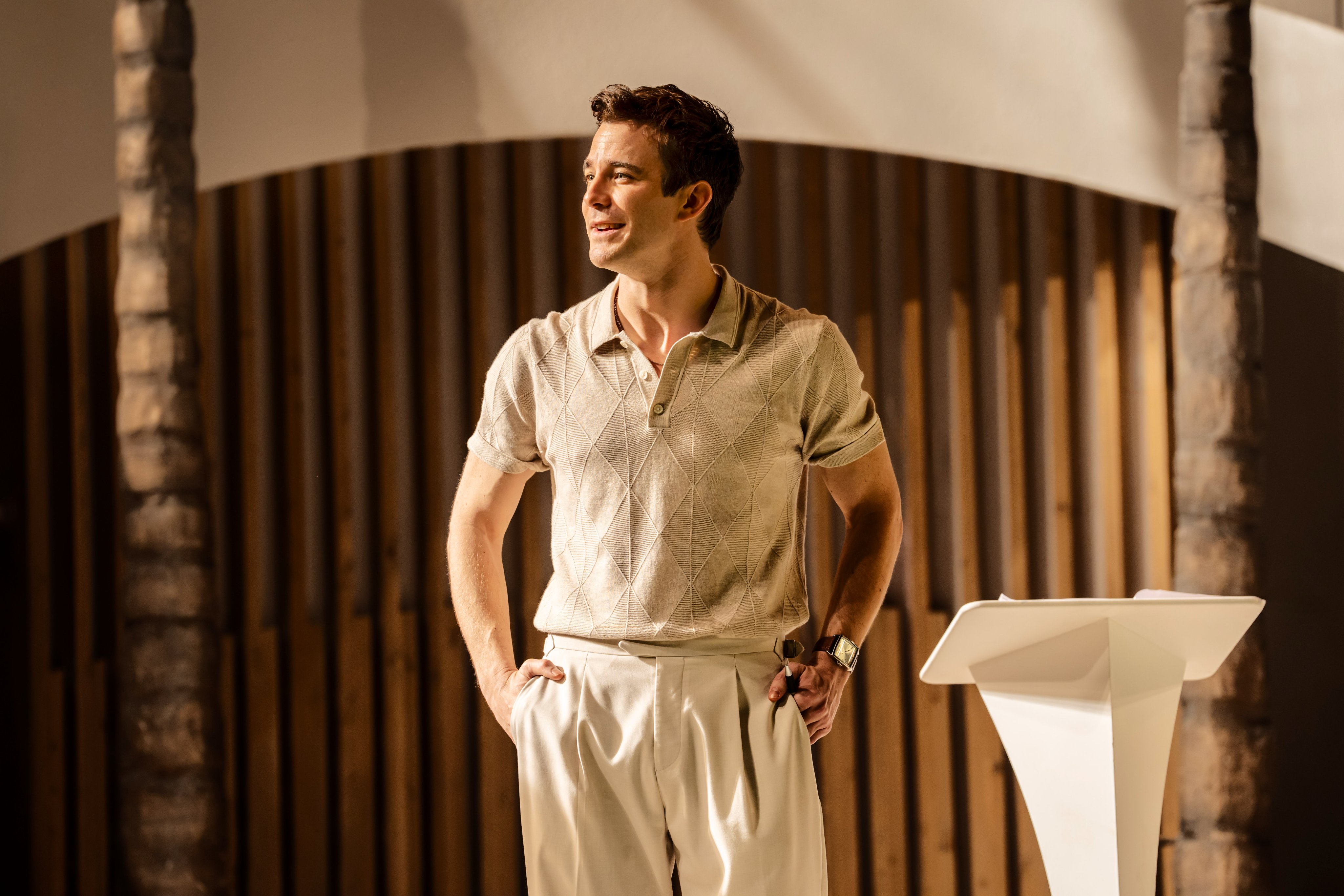The Bomb
Nicolas Kent bows out as artistic director of the Tricycle with a five-hour, two-part “partial history” of the atomic bomb, which has overshadowed our lives for the last half century.
Is it really only that long? And do we really remain so blasé about it? There are ten short plays by nine playwrights: Zinnie Harris tops and tails proceedings with a conversation piece for the German and Austrian scientists who discovered the fault in nuclear fission science and ended up monitoring underground nuclear facilities in Iran.
It’s a chilling and deeply disturbing progression. The plays are interspersed with verbatim research from Kent’s regular associate on his tribunal plays, Richard Norton-Taylor of the Guardian, who highlights David Cameron’s commitment to Trident and Shirley Williams’ concern at the miracle of nothing exploding… so far.
But we are running out of time, as the clock ticks away in the background of scenes in Westminster and the White House. The sharpest play, by David Greig, proposes the hilarious reality of a newly incumbent Prime Minister (Belinda Lang) writing the famous “letter of last resort” to the last submarine after London has been obliterated; this does happen. Should she advocate retaliation? Has Cameron?
Her foil is a mollifying civil servant played to perfection by Simon Chandler, who also crops up as Ron Hutchinson’s testy field marshal in a post-Potsdam face-off between Clement Atlee and the US, and an American soldier barging in on John Donnelly’s farcical Russian trade-off for a phallic warhead in the Ukrainian (here, Irish) countryside.
There’s a Shavian tonality about Amit Gupta’s take on India’s philosophical debate about building nuclear reactors, with Paul Bhattacharjee’s innovative professor movingly ceding his position of authority to a protégé (Tariq Jordan) prepared to live with political reality while he stays domiciled with Ghandi.
What is the point of nuclear weapons if you don’t use them, or hide behind them as a deterrent? This debate is slyly threaded through all of the plays, which vary in length from half an hour to ten minutes and leave their own little time bombs ticking away inside you.
Lee Blessing writes a satire in which the private club of nuclear powers (you need an illuminated egg to join) is infiltrated by lesser countries through the agency of China. Colin Teevan narrows it down to a filial debate between brother and sister, an Iranian agent and a banker’s wife separated by a murder.
Diana Son writes a witty background to the axis of evil, and hatred, as nuclear power fades into international terrorism. The whole evening becomes a terrifying resume of what we have become with our learning and our scientific progress: it’s a truly global warning.
There’s a very good integration of historic footage and newsreel – design, video, lighting and sound bouquets to Polly Sullivan, Douglas O’Connell, Howard Harrison and Tom Lishman – and a special nod to actors Michael Cochrane, Shereen Martin, David Yip and Simon Rouse who find light and shade in a medley of quick-fire performances.










